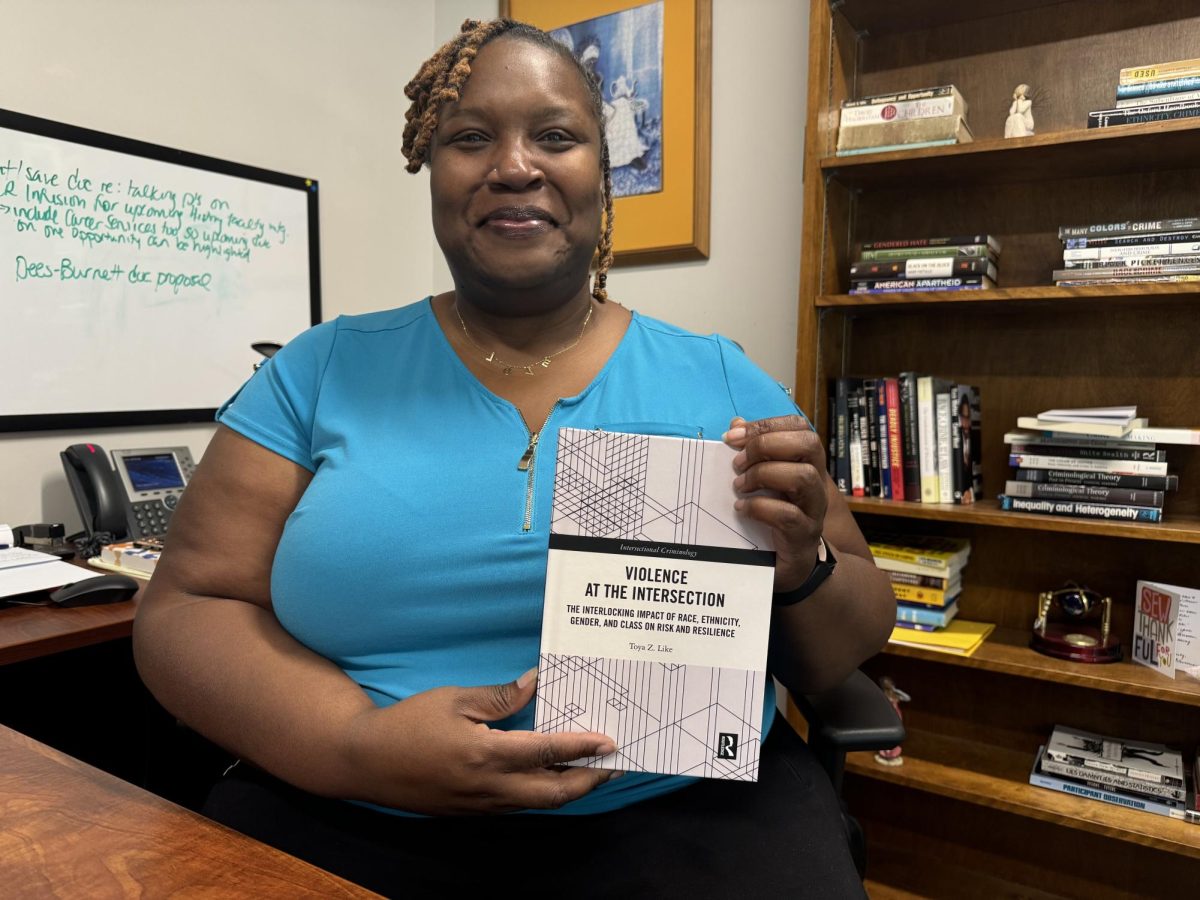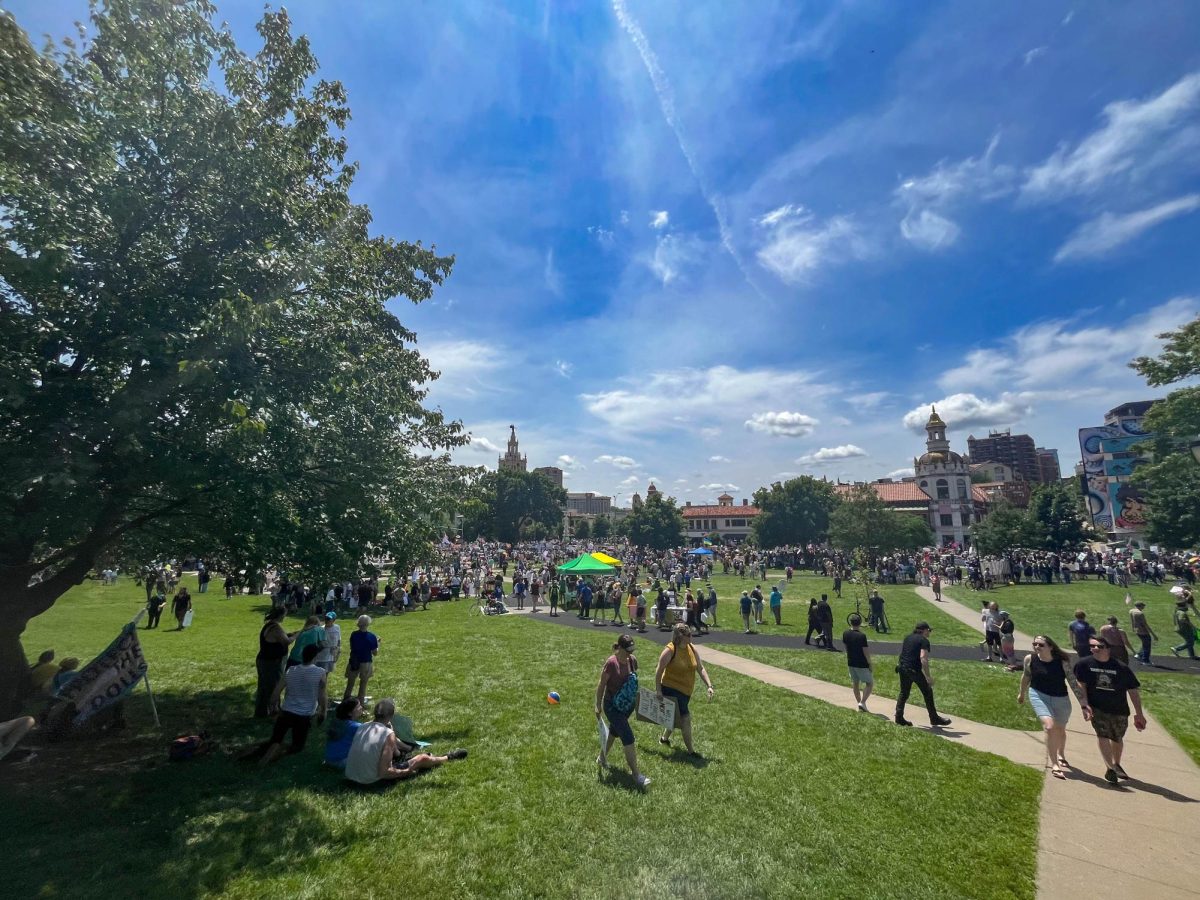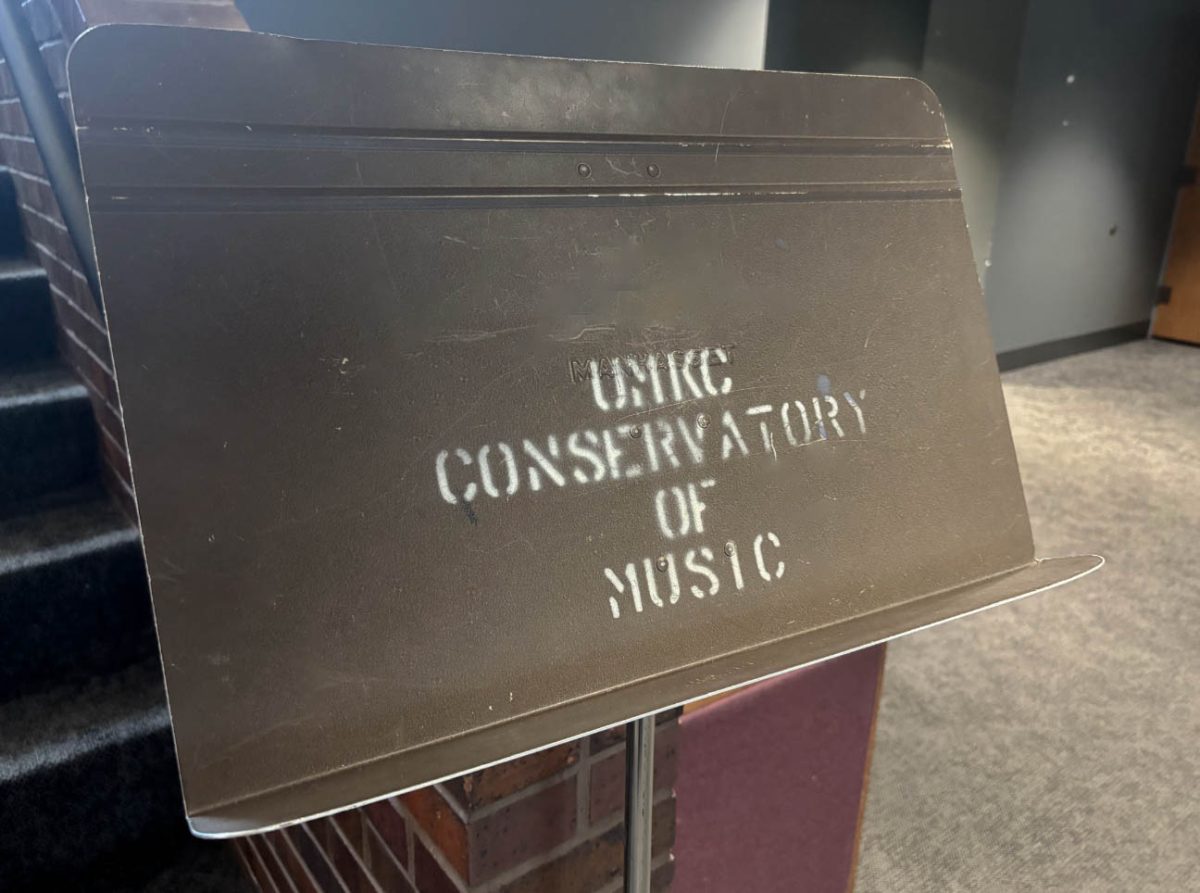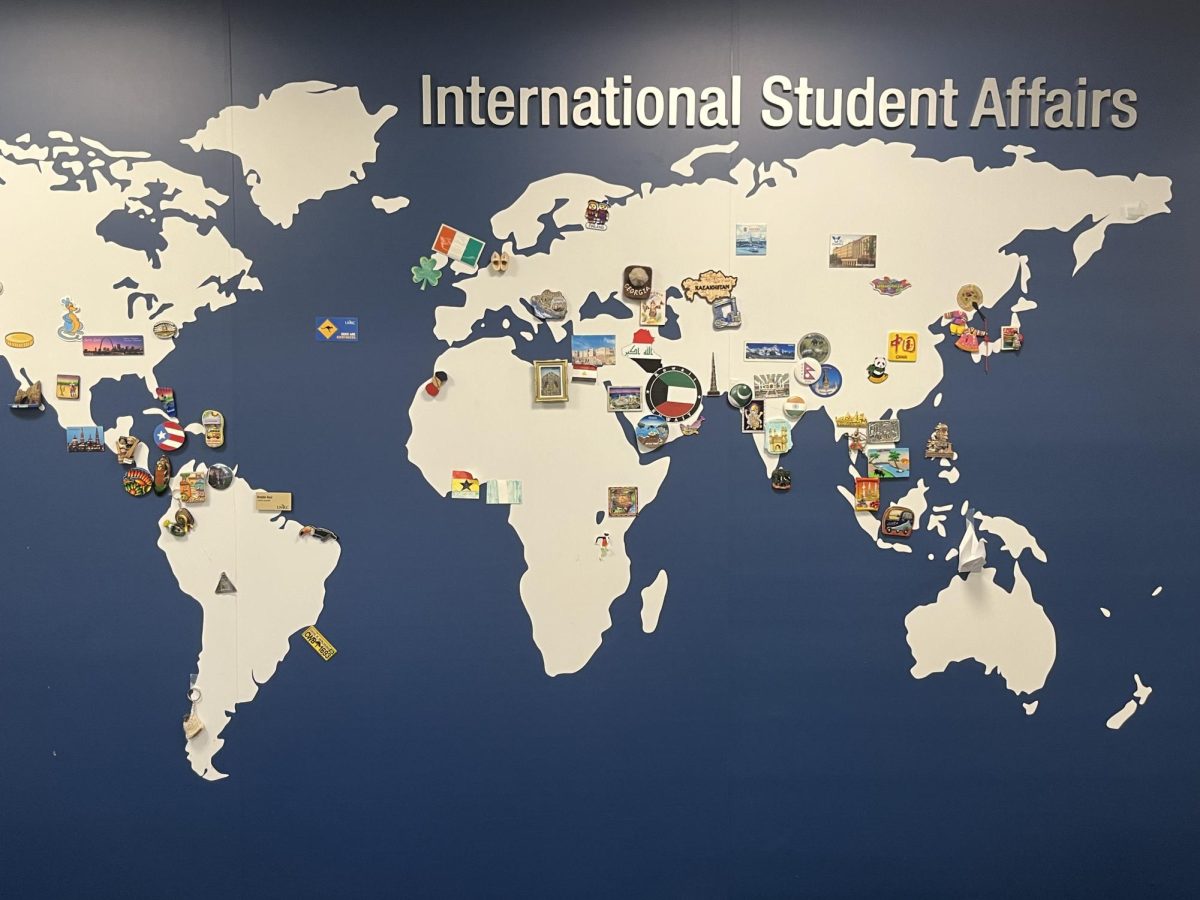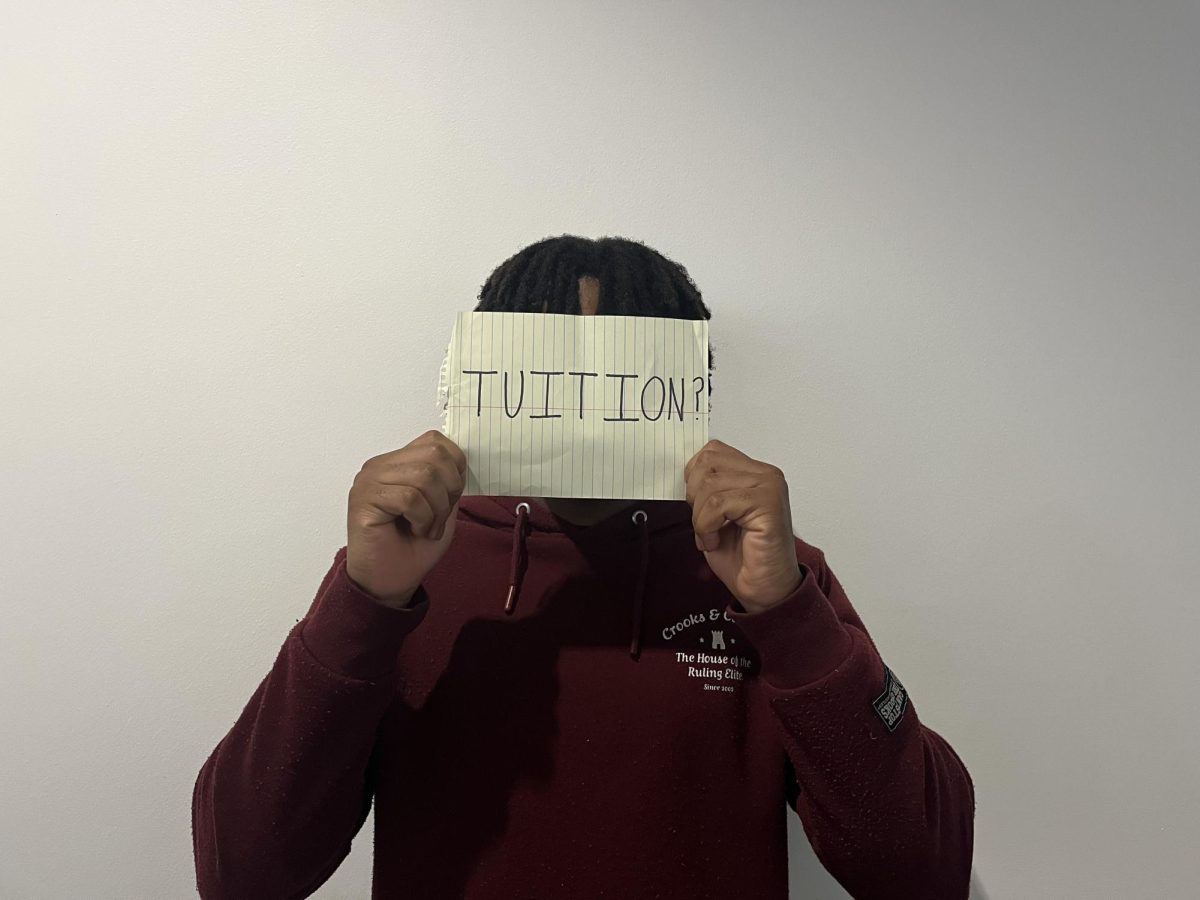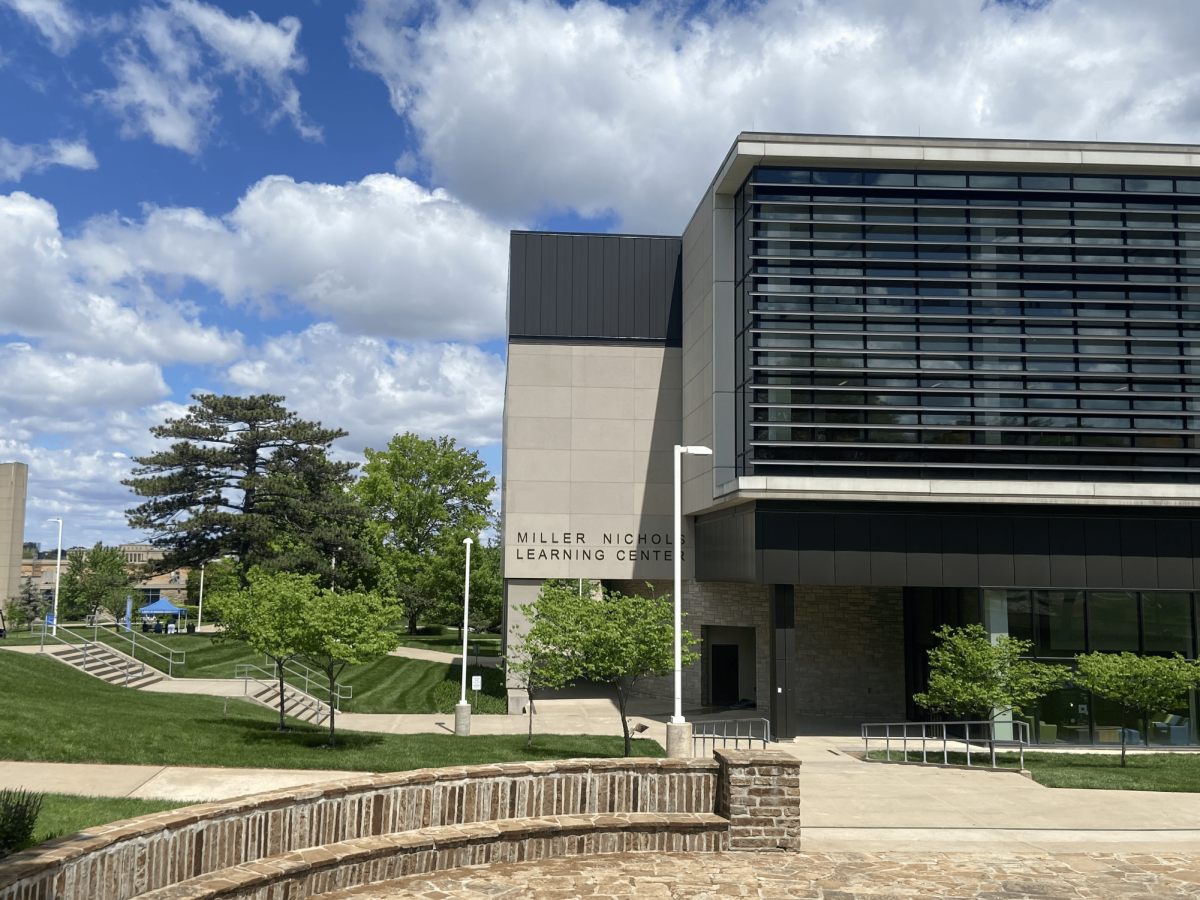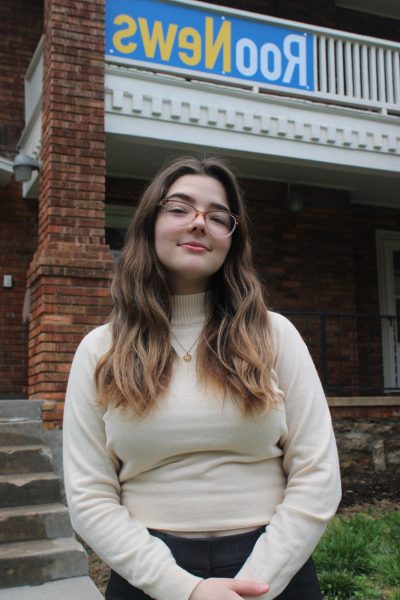Dr. Toya Like, a professor of criminal justice and criminology (CJC), wants to challenge common perceptions of victimization and show the resiliency of those who are victimized.
Like, the newly appointed associate dean of the School of Humanities and Social Sciences (SHSS), has been a professor at UMKC since 2006. She recently finished a book titled “Violence at the Intersection: The Interlocking Impact of Race, Ethnicity, Gender, and Class on Risk and Resilience,” her six-year long project.
“I hadn’t fully considered risk and resiliency, how they might be occurring, sometimes even simultaneously and how risk can be a manufacturer for resiliency,” said Like. “Once we become aware of our risk, whether that’s our risk as individuals or as a collective, we can become active in becoming resilient.”
She talks about the individual characteristics that can impact a person’s chance at victimhood or being a perpetrator. Like cites intersectionality, or the way varying identities interact with one another, as the way to understand the relationship between these factors.
“I’m pulling together these structural or environmental conditions, individual level characteristics and how they impact our risk as well as our resiliency,” said Like. “Intersectionality provides this framework of how these things happen. We embody multiple identities at one time.”
As a researcher, Like spent years studying the factors of victimization. The book writing process allowed for Like to examine her own relationship with academic theory and its application to herself.
“It let me fully embrace not just how risk and resiliency applies to others, but my own life,” said Like. “It caused me to step back and use introspection as a way of examining that. It’s one of the first times that I really sat in. How does this impact me not just from a researcher standpoint, but also my own lived experiences?”
Using personal reflections can often face judgment in an academic setting, said Like. She explained that objectivity can limit people in how they understand a subject.
“We abandon the ways in which ourselves as researchers are passionate about the work that we do because of our concern about our experiences with it,” said Like. “Introspection allows that space where I can step back and study this phenomena, but also not take myself completely out of it.”
Misty Campbell, a CJC professor who has worked closely with Like said she was fortunate to have her support when she was a first-generation student.
“Her mentorship stretches beyond the UMKC campus, broadly engaging with community partners and providing support, resources and training related to intersectionality,” said Campbell.
Like hopes this book will help people realize the connection between victimization and survival. She wants to encourage people to examine how lived experiences and individual characteristics impact the aspects of their lives.
“Stepping back and doing it in a way that builds and explores risk and resiliency in how individuals adapt, which can’t be disentangled from the role of community, the role of our cities or the nation that we live in,” said Like. “If you only see things through the lens of risk, you’ll miss the resiliency that’s happening right alongside it.”


